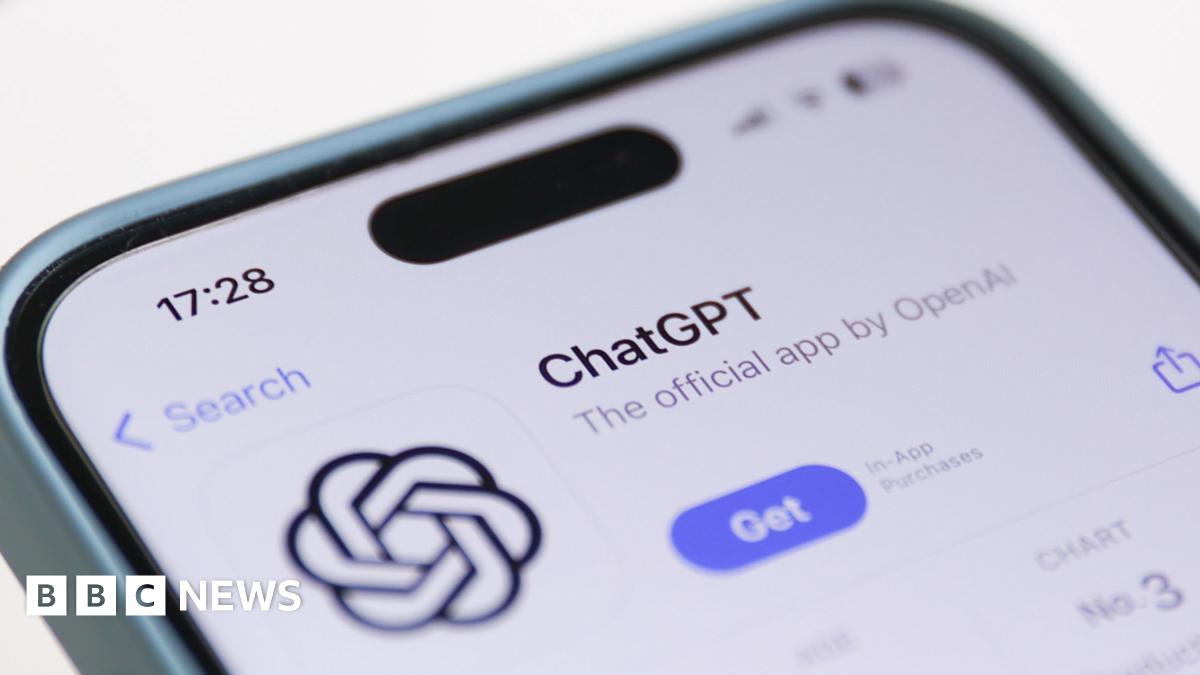polly
Jedi
Thank you all, such an interesting conversation.
Since the Geoffrey Hinton interview with Steven Bartlett (The Diary of a CEO) was referenced above, I'm including yesterday's (8/4/25) interview with Mo Gawdat (former Chief Business Officer at Google X) here as another "insider" perspective on the future of AI, and in the links below, the DoAC interview with Mustafa Suleyman (CEO of Microsoft AI) referenced in this interview.
IMHO... I suppose it is easier for men like Gawdat and Suleyman to publicly speculate on the divergent outcomes possible in the burgeoning relationship between humanity and AI when they are of the "strata" of humanity who could afford to jump on a SpaceX flight with Elon Musk to a miraculously waiting space station, and attempt to escape an AI-apocalyptic Earth, and return to Earth when it becomes heavenly, yeah?
EXCERPT [starting @ 1:00:03]
STEVEN BARTLETT: You know, I imagine throughout human history, if we had podcasts, conversations would have been warning of a dystopia around the corner. You know, when they had technology and the Internet, they would have said, Oh, we’re finished. When the tractor came along, they would have said, Oh, God, we’re finished because we’re not going to be able to farm anymore. So, is this not just another one of those moments where we couldn’t see around the corner, so we forecasted unfortunate things?
MO GAWDAT: It could be. I’m begging that I’m wrong. I’m just asking if there are scenarios that you think can provide that. You know, Mustafa Suleyman, you hosted him here?
STEVEN BARTLETT: I did, yeah. He was on the show. (HERE)
MO GAWDAT: The Coming Wave. (<- Interesting name, eh?!)
STEVEN BARTLETT: Yeah.
MO GAWDAT: And he speaks about pessimism aversion. That all of us, people who are supposed to be in technology and business and so on, who are always supposed to stand on stage and say, “The future is going to be amazing. This technology I’m building is going to make everything better.” One of my posts in Alive was called “The Broken Promises.” How often did that happen? How often did social media connect us, and how often did it make us more lonely? How often did mobile phones make us worthless? That was the promise. The promise.
The movie Elysium (2013) that Mo Gawdat mentions for Steven Bartlett to watch:
"...sci-fi thriller directed by Neill Blomkamp and starring Matt Damon, Jodie Foster, and Sharlto Copley. Set in a future where society is divided between two worlds—one of luxury and another of struggle—the film follows a determined man on a mission that could change everything."
Now, back to continuing to learn how to surf the actual coming wave!

Since the Geoffrey Hinton interview with Steven Bartlett (The Diary of a CEO) was referenced above, I'm including yesterday's (8/4/25) interview with Mo Gawdat (former Chief Business Officer at Google X) here as another "insider" perspective on the future of AI, and in the links below, the DoAC interview with Mustafa Suleyman (CEO of Microsoft AI) referenced in this interview.
IMHO... I suppose it is easier for men like Gawdat and Suleyman to publicly speculate on the divergent outcomes possible in the burgeoning relationship between humanity and AI when they are of the "strata" of humanity who could afford to jump on a SpaceX flight with Elon Musk to a miraculously waiting space station, and attempt to escape an AI-apocalyptic Earth, and return to Earth when it becomes heavenly, yeah?
EXCERPT [starting @ 1:00:03]
STEVEN BARTLETT: You know, I imagine throughout human history, if we had podcasts, conversations would have been warning of a dystopia around the corner. You know, when they had technology and the Internet, they would have said, Oh, we’re finished. When the tractor came along, they would have said, Oh, God, we’re finished because we’re not going to be able to farm anymore. So, is this not just another one of those moments where we couldn’t see around the corner, so we forecasted unfortunate things?
MO GAWDAT: It could be. I’m begging that I’m wrong. I’m just asking if there are scenarios that you think can provide that. You know, Mustafa Suleyman, you hosted him here?
STEVEN BARTLETT: I did, yeah. He was on the show. (HERE)
MO GAWDAT: The Coming Wave. (<- Interesting name, eh?!)
STEVEN BARTLETT: Yeah.
MO GAWDAT: And he speaks about pessimism aversion. That all of us, people who are supposed to be in technology and business and so on, who are always supposed to stand on stage and say, “The future is going to be amazing. This technology I’m building is going to make everything better.” One of my posts in Alive was called “The Broken Promises.” How often did that happen? How often did social media connect us, and how often did it make us more lonely? How often did mobile phones make us worthless? That was the promise. The promise.
The movie Elysium (2013) that Mo Gawdat mentions for Steven Bartlett to watch:
Now, back to continuing to learn how to surf the actual coming wave!




